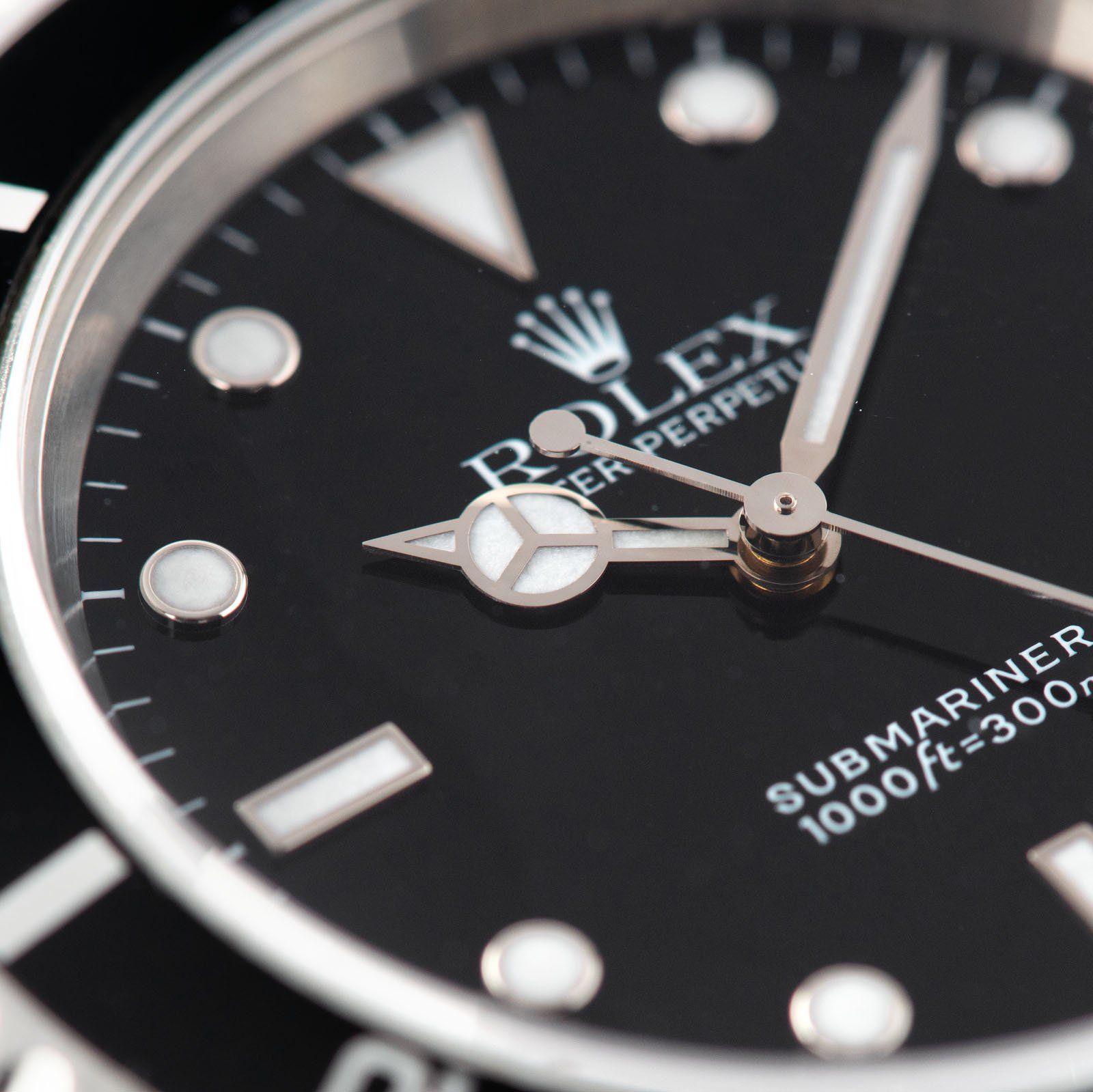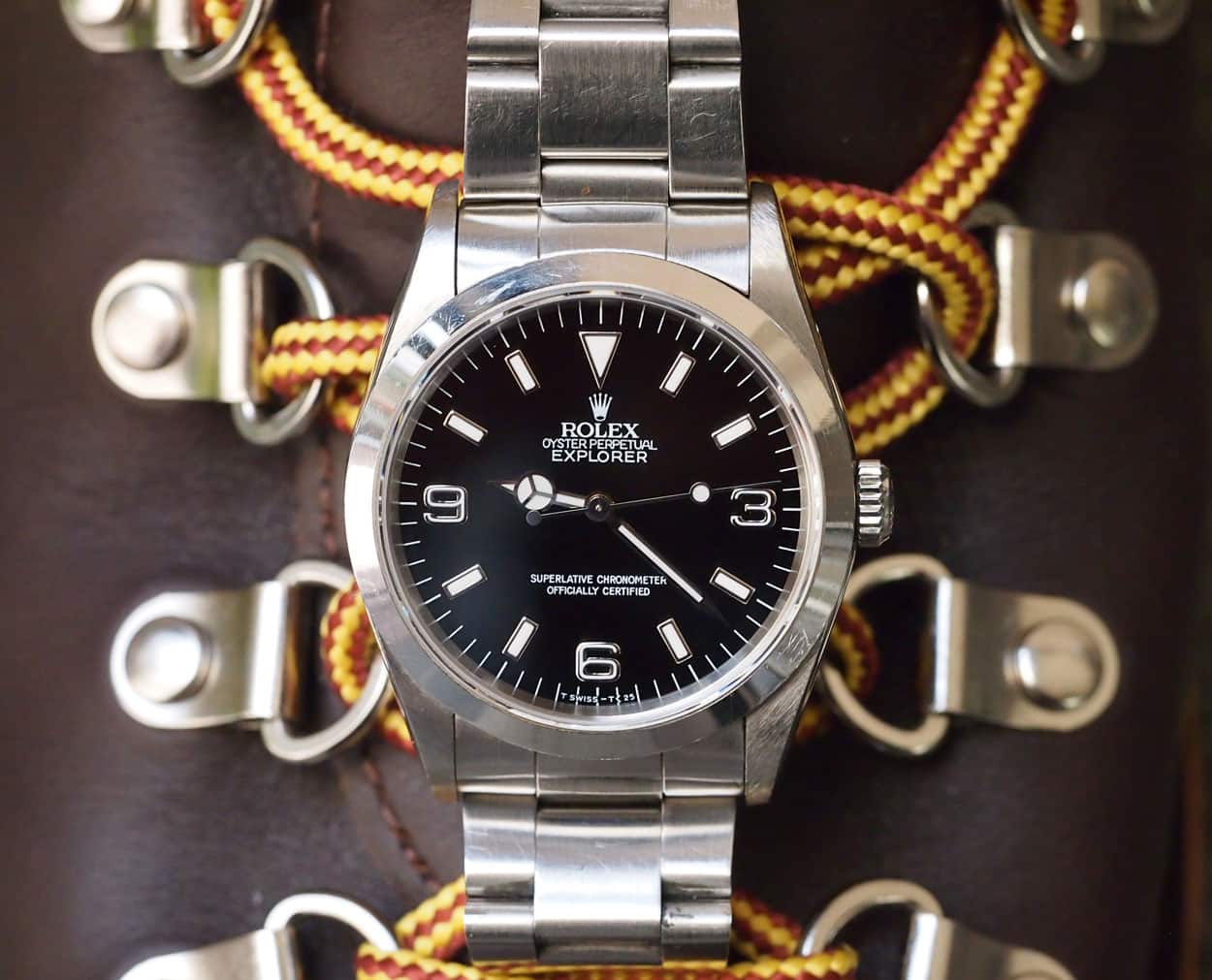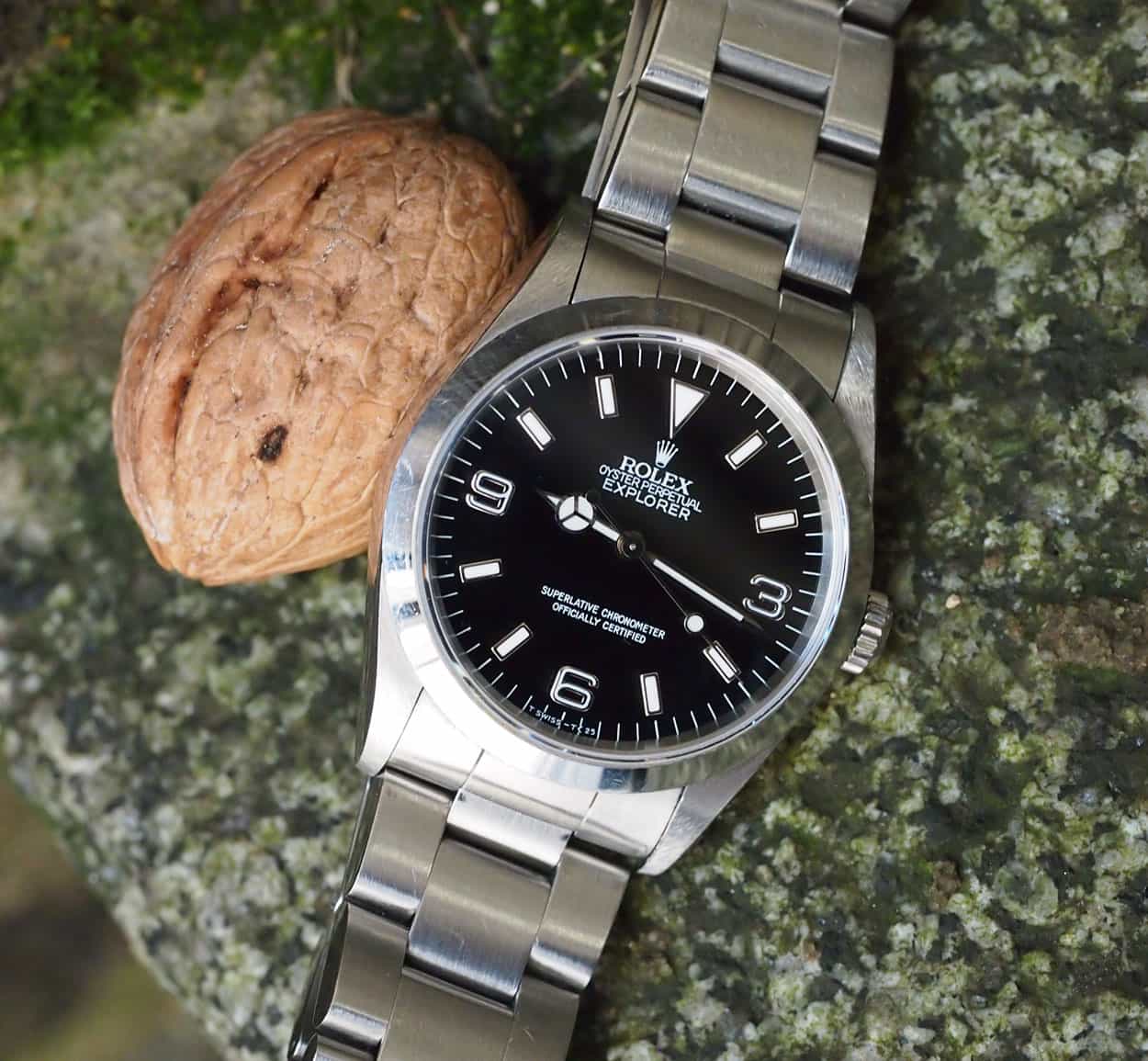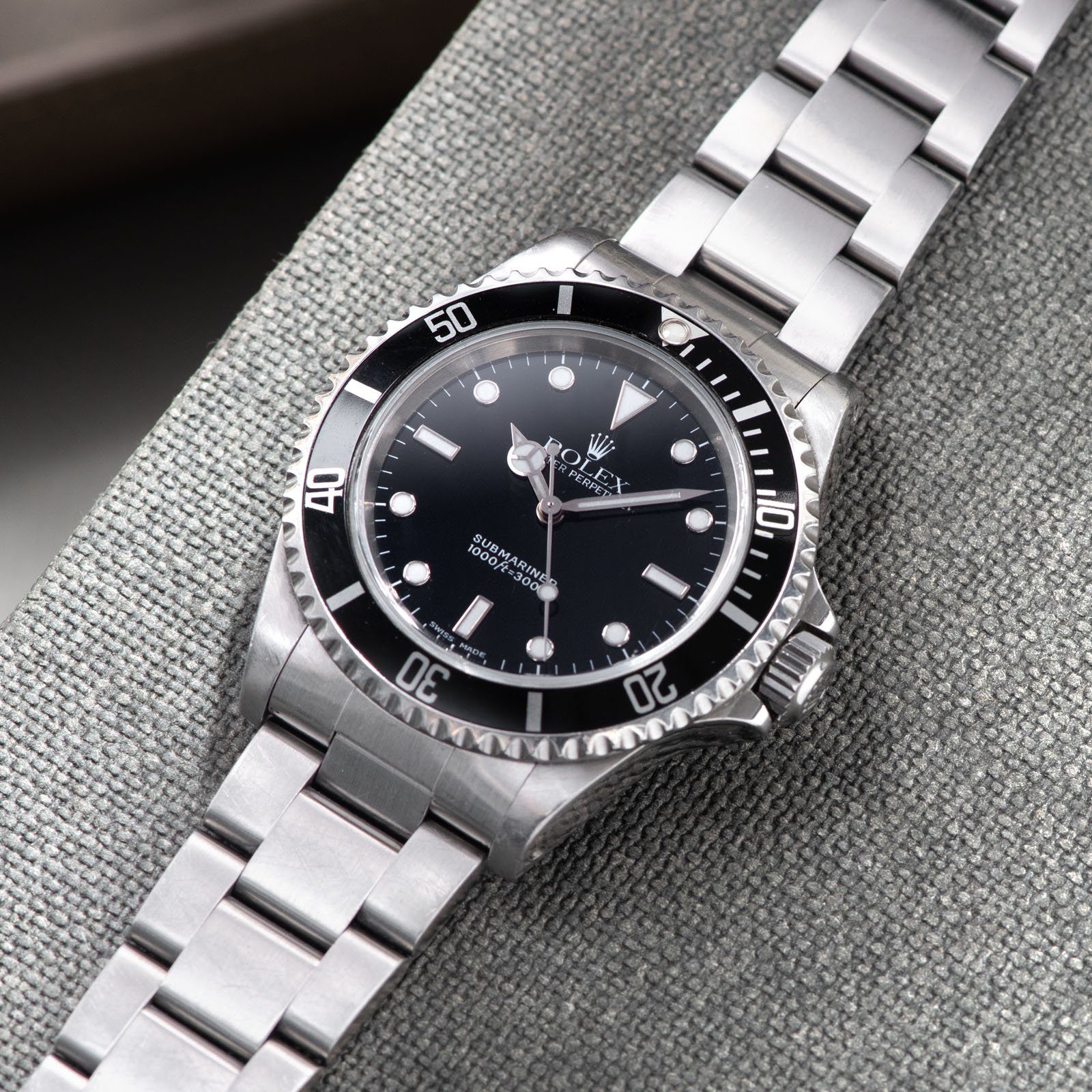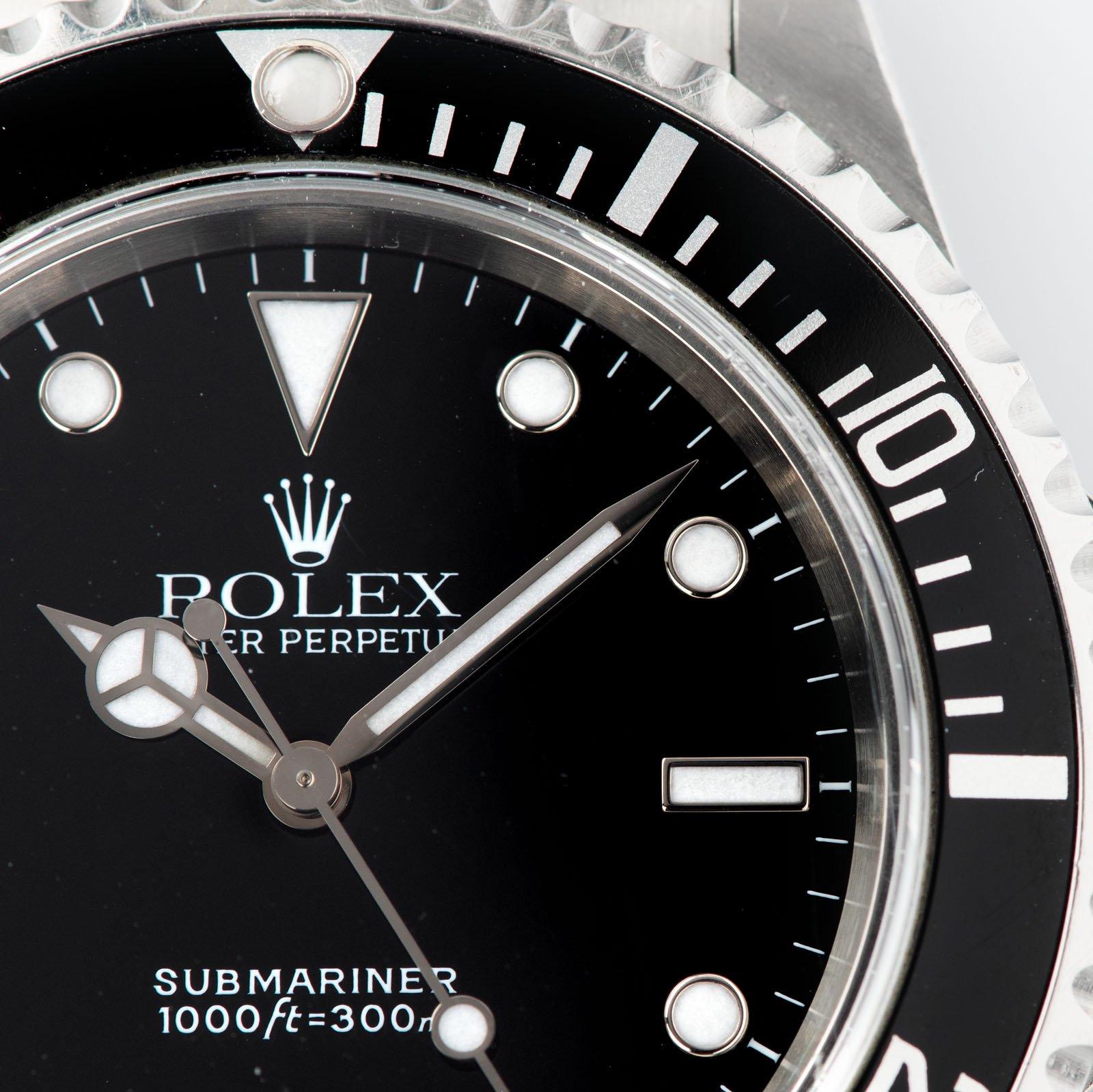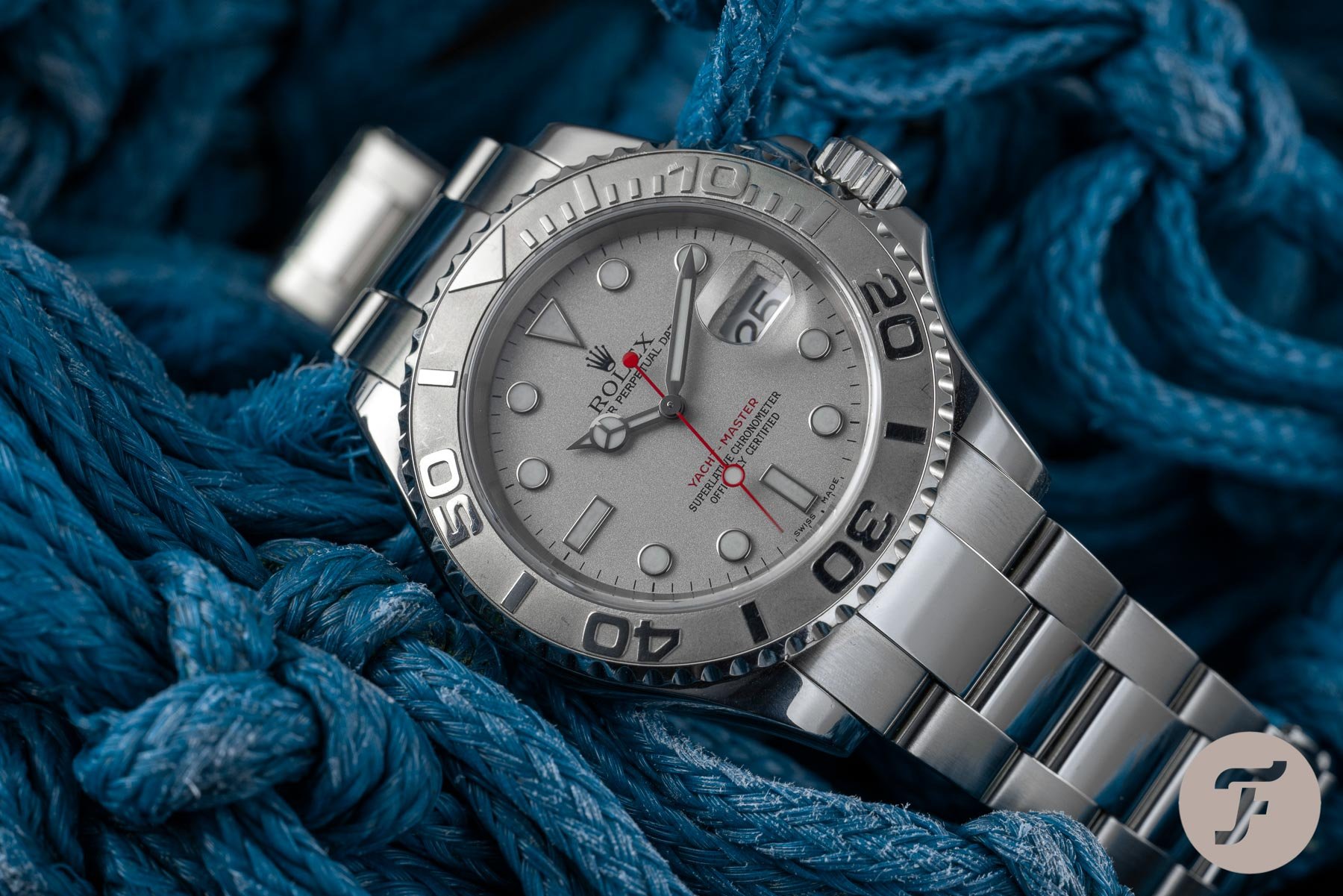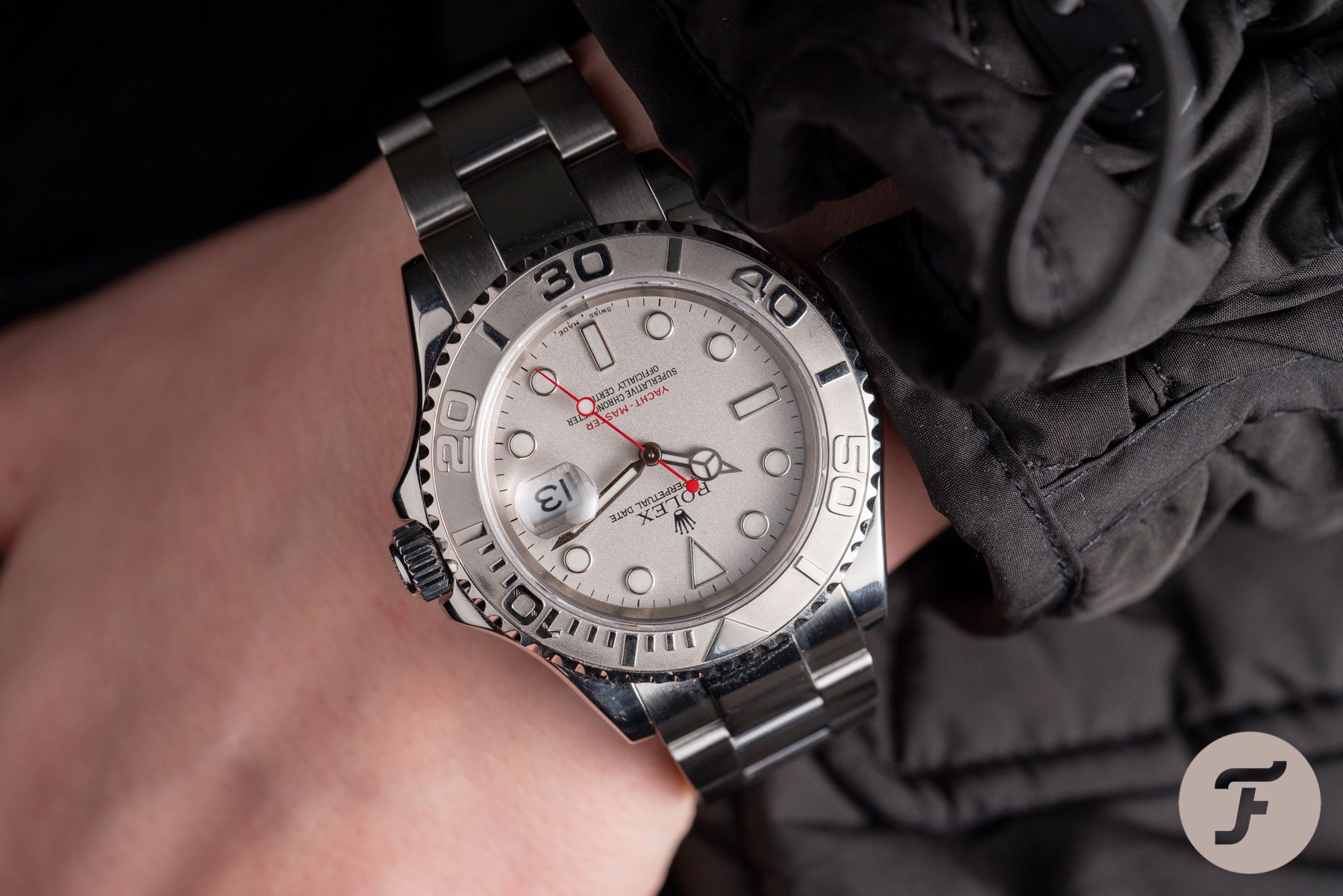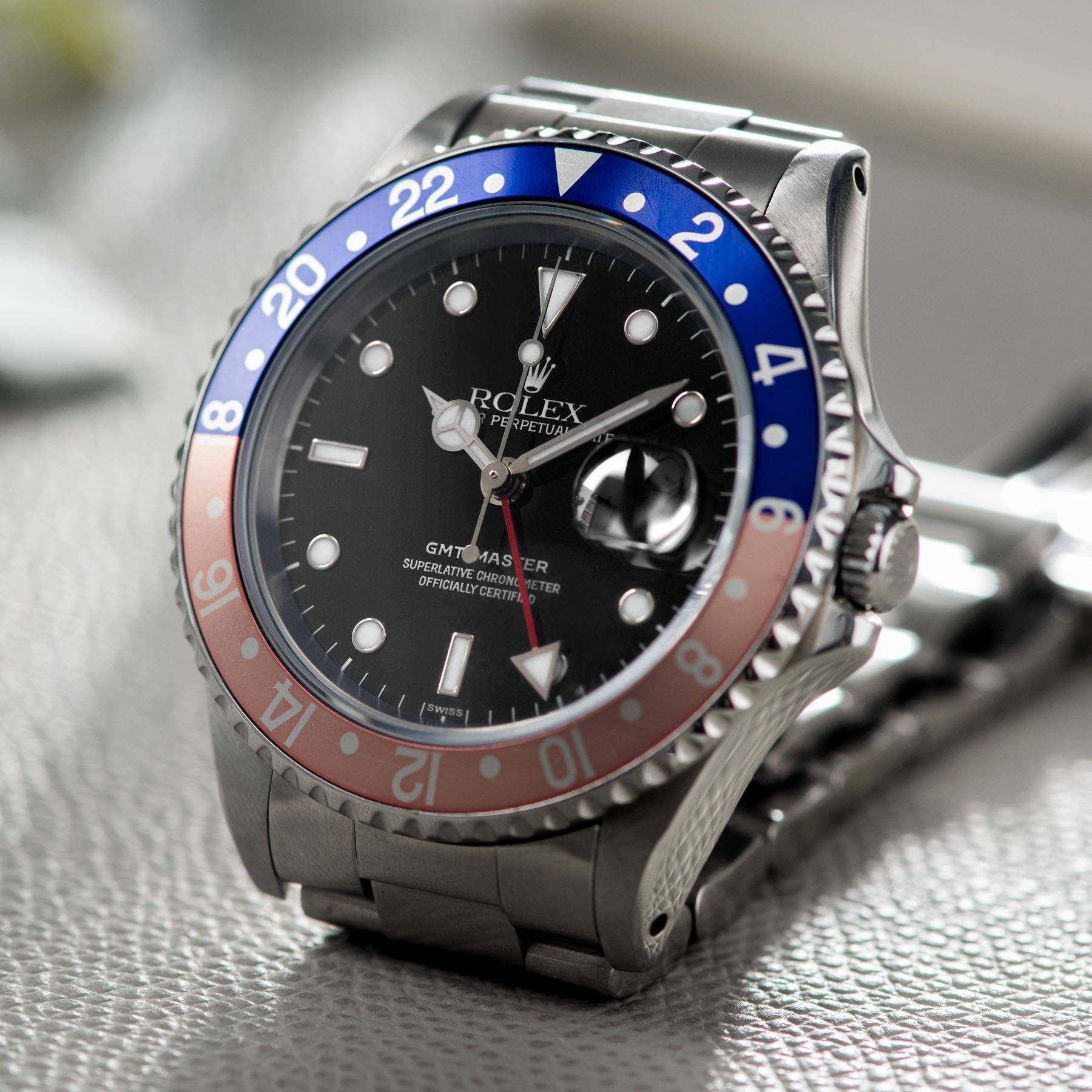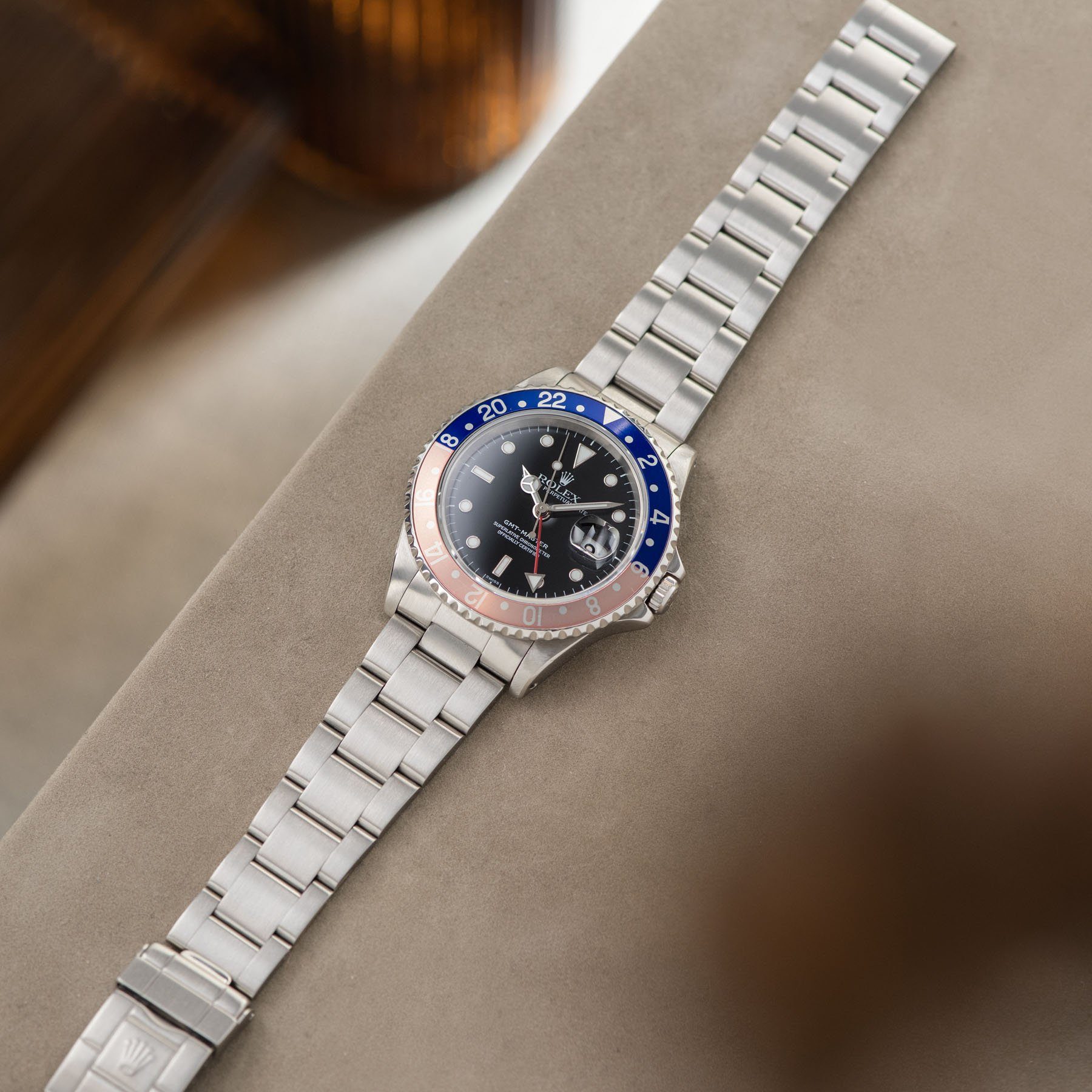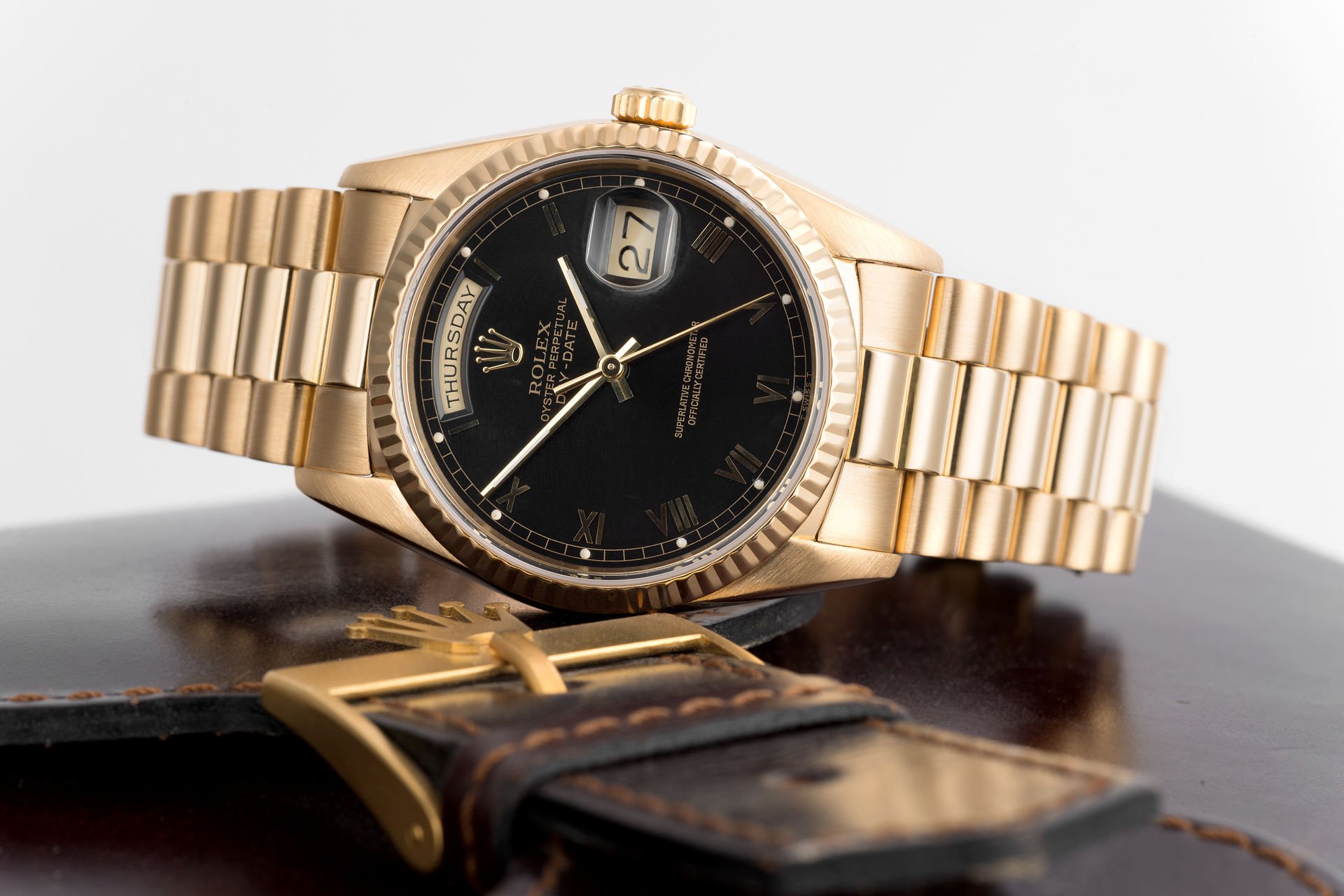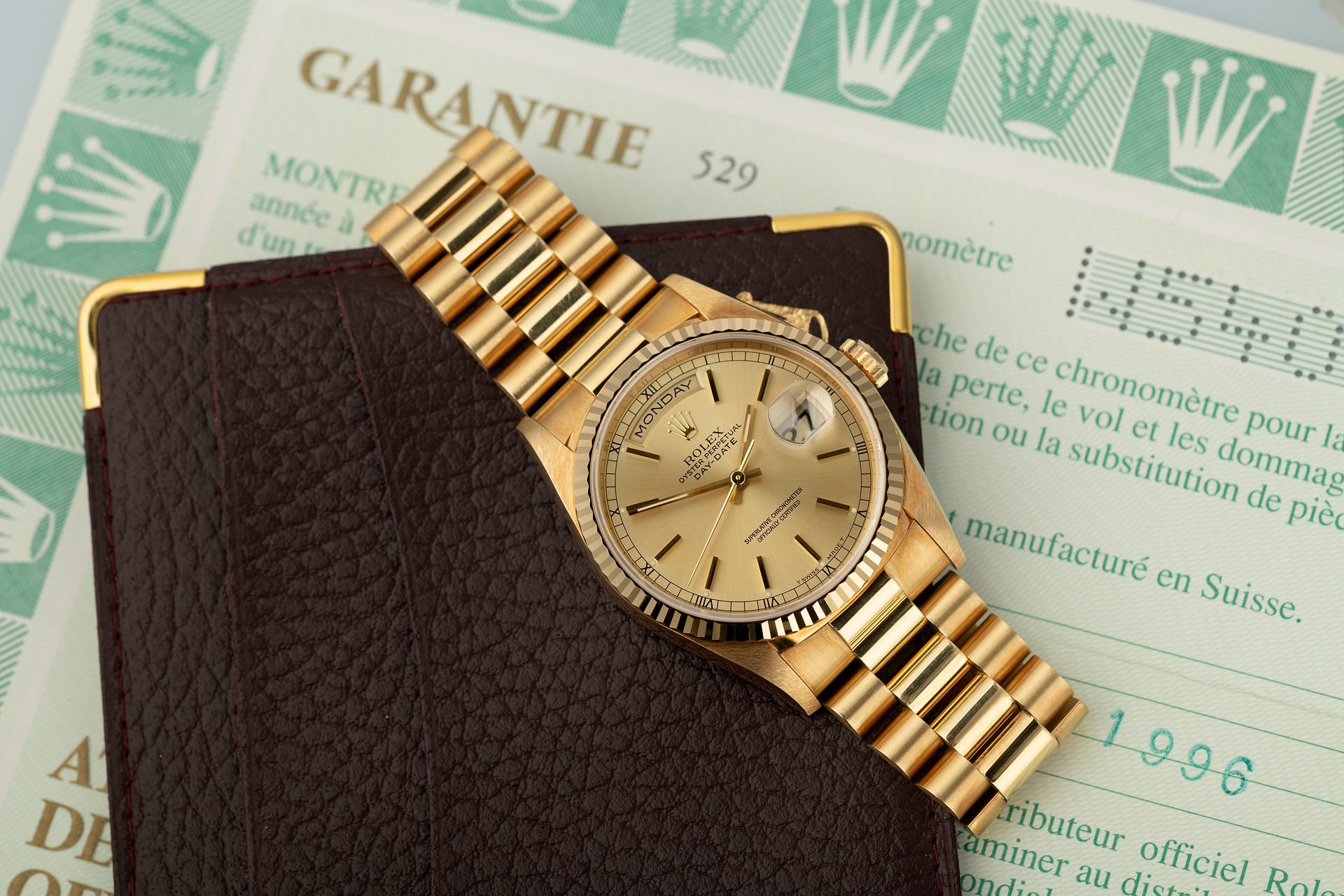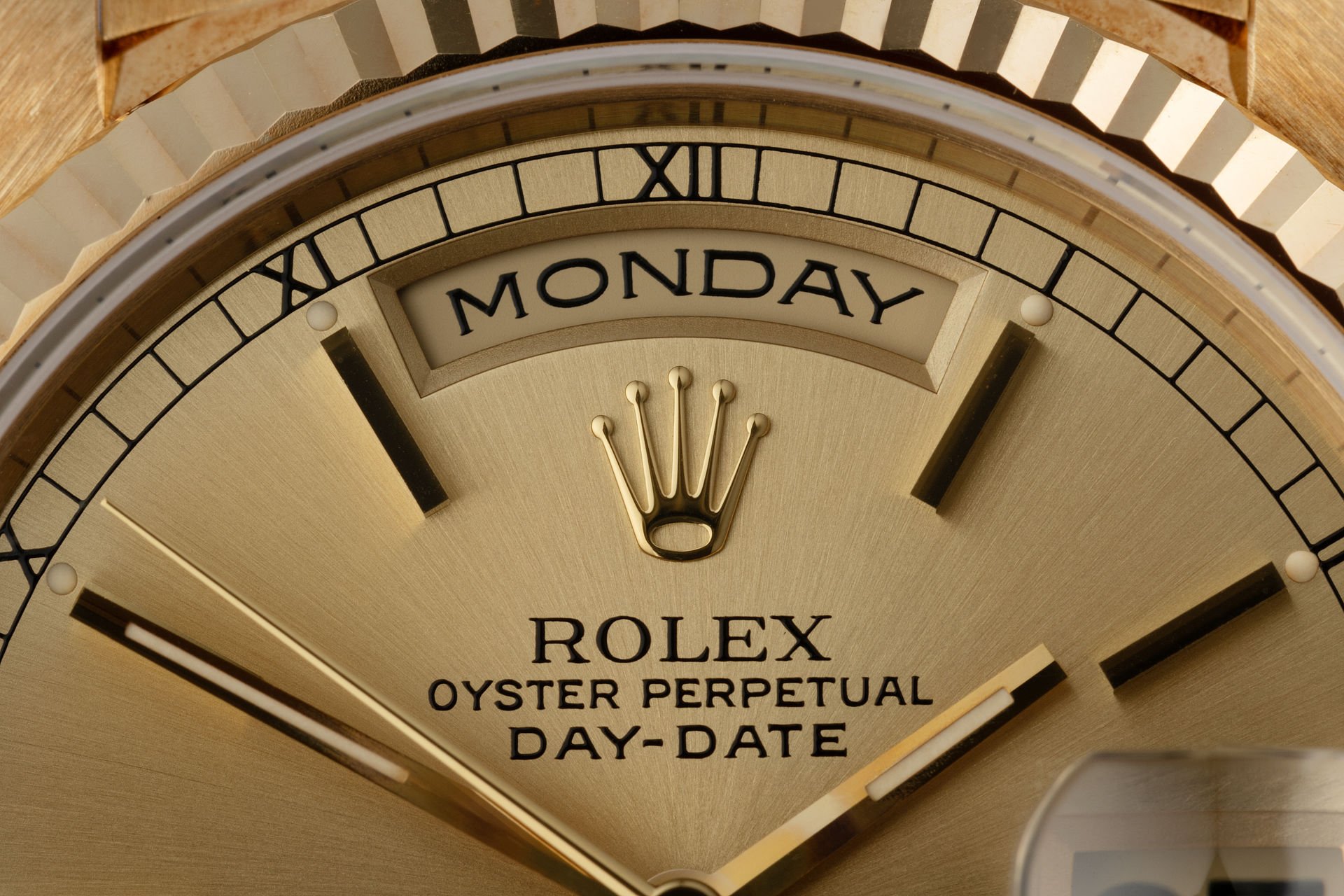Buying Guide: The Best Rolex Watches From The 1990s
We like to talk about vintage watches a lot within the Fratello team. Though most of what we write about is largely focused on the most recent releases and developments, for many of us, a lot of the fun can be found in the sometimes weird and often wonderful world of vintage watches. It’s a world full of history, remarkable watches, incredible stories, and quirky details. It inspired us to come up with a series of articles focusing on the best watches per decade from a select group of brands. Some of them are priceless, some of them still affordable. In this installment, we will take a look at the best Rolex watches from the 1990s.
This week we will continue our journey through watch history to find the best watches from the 1990s. As I have discussed in the previous articles discussing the best watches from the 1980s, mechanical watches slowly started making a comeback in the eighties. By the time the 1990s started, quartz was still dominating the watch industry. But you could slowly see the two finding space next to each other.
With the gradual rise in the popularity of mechanical watches, we also saw a shift in perception. Mechanical watches became a luxury statement produced by prestigious brands with centuries of watchmaking history. It set it apart from the mass-produced, cheap and quartz watches. This luxury status was further backed up by a renewed interest in watches that featured classical complications. The combination of the rich history in watchmaking and the technical masterpieces set mechanical watches apart from the fast world of quartz watches for good.
Rolex in the 1990s
Leading the way in the eighties and nineties was Rolex. The Geneva brand played a pivotal role in the renaissance of mechanical watches in the 1980s. In the 1990s, the brand grew into one of the leading luxury brands in the world that it still is today. But Rolex essentially did the same thing they had always done. The brand created updated versions of its iconic classics. Rolex also introduced a new model with the Yacht-Master that we will discuss later on in this article. But besides the incredible rise in popularity, the brand stuck to its guns and created some of the most iconic watches of the decade. Because of the long time that some of the references were available, please allow me to cheat a bit to make sure we have the most important Rolex watches available in the 1990s.
The Entry Point — Rolex Explorer ref. 14270
The first watch on this list is the Rolex Explorer ref. 14270 that was announced at Baselworld 1989. So if you allow me, I will cheat a bit when it comes to the years. The Rolex Explorer ref. 14270 is an important reference. It was the successor to the iconic Explorer ref. 1016 was introduced in 1963 and was in production for 27 years. Throughout the quartz revolution, the ref. 1016 was one of the steady fixtures in the Rolex collection. But with the introduction of the new Explorer, we saw a big shift in design and execution. You could call the ref. 14270 is the first Rolex sports model that fits the new luxury image of the brand.
A 36mm Oyster case stayed, but the dial was completely redesigned, and inside the case, Rolex obviously also updated the movement. Let’s first zoom in on the dial because that’s where the biggest aesthetical changes can be found. It’s also where the biggest changes took place in its production run that went on until 2001. As Mike explained, the dial completely changed the Explorer from a functional tool watch to a luxury tool watch. First off, the ref. 14270 switched from a matte black dial with painted hour markers to a gloss black dial with applied hour markers and numerals with white-gold outlines. Additionally, the watch was updated with a sapphire crystal.
Multiple dial variants
Inside the case, Rolex updated the movement to the Rolex Caliber 3000. A huge improvement over the Caliber 1570 used in the ref. 1016. The new bi-directional automatic winding Caliber 3000 operated at 28,800vph compared to the 19.800vph of its predecessor. Additionally, the new movement features 27 jewels, hacking seconds, and has a power reserve of 48 hours. The COSC-certified movement came with an accuracy of +4/-6 seconds per day. The updates in aesthetics, materials, movement, and finishing truly made this a completely new watch that was still very much recognizable as the trusted Rolex Explorer. Over time Rolex did change the dials and the bracelets of the ref. 14270.
The first series ref. 14270 produced is also known as the Explorer “Blackout” because the 3, 6, and 9 numerals on the dial were filled with black enamel. Out of all the different variations of the ref. 14270 this is the most sought after and therefore most expensive. In 1991 Rolex updated the dial and created the longest-running variation is known as the “T-Swiss.” This version features numerals with white paint and tritium lume. In 1998 Rolex updated the lume to LumiNova, and that version is known as the “Swiss Only” variant. The final version is the “Swiss Made” version that uses SuperLumiNova. The Rolex Explorer ref. 12470 is one of the most affordable options today, with prices starting at roughly €6K moving up to €9K. That will buy you a great future classic.
My pick — Rolex Submariner ref. 14060
My pick for this list is the Rolex Submariner ref. 14060. Its story draws parallels with the story of the Explorer just discussed. The Submariner ref. 14060 was the successor to the legendary 5513 that was introduced in 1962. The new Submariner was introduced in 1990 and featured the same transformation as the Explorer. It took the Submariner from a tool watch to a proper luxury watch in both materials and execution. All that without losing the specs of the perfect diver. Even better, the updates made sure it was even better equipped for the task of being a professional diver.
The watch was the first Submariner fitted with a flat sapphire crystal, replacing the previously used acrylic crystal. As a result of the sapphire crystal, Rolex had to slightly increase the size of the bezel and the aluminum bezel inlay. Additionally, Rolex equipped the watch with a Triplock crown that, along with the sapphire crystal, improved water resistance from 660ft/200m to 1,000ft/300m. It’s one of the best things about Rolex overall. The updates make the watch better in both execution and specs, all the while ensuring the task it was designed for is never forgotten.
The perfect pick
Inside the case, Rolex also equipped the new Submariner with a new movement. For the ref. 14060, the brand used the same Rolex Caliber 3000 that they also used for the Explorer. However, it was not the COSC-certified version of the movement. The updated version of the Submariner without a date window came in 1999 when Rolex updated the watch with the Caliber 3130 for the ref. 14060M. In 2007 that movement was COSC-certified and Rolex added the text “Superlative Chronometer Officially Certified” to the dial, making them “four-line” dials. Those were the first “four-line” Submariners since the ref. 5512 in the early 1970s.
The reason this ref. 14060 is my pick because I love my Submariner without a date window. Additionally, this is the first of the modern Submariners, making it the perfect neo-vintage pick. Although it was introduced over 30 years ago, it is equipped with all you would want from a modern diver. The best alternative would be the ref. 14060M I mentioned because it has the updated movement. Honestly, the movement would be the main thing to consider its successor, but that also comes at a slightly higher price. The regular ref. 14060 can be yours starting at roughly €8K where the ref. 14060M starts at around €8.5K. Both of these watches remain relatively affordable, even in the current Rolex craze and are therefore even greater picks.
Money is no object #1— Rolex Yacht-Master ref. 16622
In the 1990s, Rolex also added a completely new model to the line-up with the Yacht-Master. The first Yacht-Master that was introduced was the full yellow gold ref. 16628. When it was introduced in 1992, it was Rolex’s first sports watch dedicated to yachting. But the Yacht-Master name goes back a lot longer than that. In the late 1960s, Rolex developed a small number of prototypes — there are only two known pieces in existence owned by Eric Clapton and John Goldberger — that explored the possibility of expanding Rolex’s line of nautical-themed watches. The results looked very much like a bigger Daytona rather than a diver’s inspired watch. But Rolex did not decide to go forward with it.
Fast forward to the late 1980s, and that’s where the story starts off for the supposed modern update of the Submariner. While it has never been officially confirmed, the story goes that Rolex wanted to update the design of the Submariner, and after many different designs, the watch we now know as the Yacht-Master came out on top. But Rolex also did not want to squander the legacy of its famous diver. So the brand decided not to replace the Submariner but introduce the Yacht-Master as a new luxury version of the Submariner that you would not use underwater but on the water. How to set it apart from the Submariner? Introduce a full yellow gold version first, so people know it’s something truly different.
Monochromatic brilliance
In 1999 Rolex introduced the 40mm stainless steel and platinum version of the Yacht-Master ref. 16622. Rolex referred to this stainless steel and platinum combo as Rolesium. Its rather monochromatic looks made it look unique in the Rolex line-up. While many find the model lacks overall contrast, there definitely is magic to its looks. The platinum bezel with its raised markers looks and feels very nice because it adds texture. Additionally, the platinum dial looks amazing in natural sunlight, as Robert-Jan explained in an article about his Yacht-Master ref. 16622. Inside the case, Rolex equipped the watch with the Caliber 3135 from the Submariner. The iconic movement operates at 28.800vph, has 31 jewels and a power reserve of 48 hours. Finally, Rolex fit the watch with a triple-lock crown, and it was water-resistant up to 100m/330ft.
The funny thing about this steel and platinum Yacht-Master is that it’s divisive. Not everyone loves it, or its looks, and I get that. But what is funny is that this is the one version that everyone knows as the Yacht-Master because it’s the one version that stands out as being unique compared to all the other Rolex sports watches. I could have also picked the full gold version as it was the first official Yacht-Master. If you can rock that on the wrist, more power to you! But this steel and platinum version is my pick because it looks unique, is an absolute joy to wear, and brings a bit of magic time and again with that special dial. On top of that, prices are between €8K–€10K and compared to some of the other available classic Rolex watches, that is very affordable.
Money is no object #2 — Rolex GMT-Master ref. 16700
If you allow me once more, I will cheat a bit with the Rolex GMT-Master ref. 16700. This is the last of the GMT-Master references before it was completely replaced by the GMT-Master II. Rolex produced this famous last reference from 1988 until 1999. As you can read in my article about the best Rolex watches from the 1980s, the brand already introduced the GMT-Master II in 1983. So for a little over 15 years, the GMT-Master and GMT-Master II were both part of the collection. As the GMT-Master II was the updated version with the added functionality of the independently adjustable GMT hand, Rolex positioned the GMT-Master ref. 16700 as the more affordable alternative.
While the first GMT-Master II ref. 16760, also known as “The Fat Lady,” or its 1989 successor, the ref. 16710 might be more practical; I would like to salute the original GMT-Master. I’m all about practicality when it comes to watches, but there is something special about this ref. 16700. It’s the last of the original GMT-Masters dating all the way back to the first model from 1953. Now, as some of you know, I love a beaten GMT-Master ref. 1675. It’s one of the few watches I love seeing with substantial wear and tear. The great thing is that the ref. 16700 also develops that vintage charm. It came with the choice of the aluminum blue and red “Pepsi” bezel or the fully black bezel. Especially in the case of the Pepsi bezel, colors will fade, and combined with the tritium lume that was used until 1997; it will look incredibly cool.
The last of the true GMT-Masters
But Rolex also updated the GMT-Master technically. Inside the 40mm stainless steel case, Rolex equipped the watch with the modern Caliber 3175 that operated at 28,800vph and came with 31 jewels and a power reserve of 48 hours. The automatic movement features hacking seconds and the comfort of a quickset date. Additionally, the watch was the first GMT-Master reference equipped with a sapphire crystal replacing the acrylic crystals of the past. While that definitely takes away some of its original charms, it also gives you fewer headaches as a daily wearer.
While I am not much of a purist overall when it comes to watches, with the GMT-Master, I am. I am all about the blue and red Pepsi bezel. The same goes for the practical inconvenience of using the GMT function on this watch. Because where the GMT-Master II saw an update in that functionality, this ref. 16700 kept the use of the hour hand and the 24-hour hand in sync, just like the original GMT’s that had been in existence since the 1950s. It means you have to use the bezel to show the second time zone. That is a great part of the original story and the interaction you have with the watch and exactly why I picked it. Prices for the last of the original GMT-Masters are between roughly €10K–€16K, which is very substantial. But it comes with a special story.
Money is no object #3— Rolex Day-Date ref. 18238
The last watch on this list could have easily been my preferred pick as well. I absolutely love the Rolex Day-Date ref. 18238, and if ever I will go on the hunt for a Day-Date, it will be this reference that I will search for. The Day-Date ref. 18238 is the continuation of the legendary Day-Date lineage that saw some important updates to the watch. While the previous generation ref. 18038 already introduced the very welcome sapphire crystal, the ref. 18238 introduced the double quick-set functionality. While the slightly bulkier ref. 18038 might be better suited for my wrist being a tall guy, the added functionality of the easy-to-set day and date really brings a lot of comfort, and why I would pick it.
The Day-Date ref. 18238 was actually introduced in 1988, so I am cheating one final time. But once again, not without reason because this reference remained in production until 2000 before it was replaced with the ref. 118238. When it comes to making choices about the configuration of a Day-Date, there is only one difficult choice to make honestly. A Day-Date needs to be 36mm and 18k yellow gold; that’s easy. Additionally, it also needs to have the President bracelet. The ref. 18238 also came with the choice of a Super Oyster bracelet or a series of leather straps, but those are not an option for me. But the one thing that I haven’t made up my mind about is a black or a gold dial. While gold is the true Day-Date statement piece, the combination of deep black and yellow gold is truly magical.
Like a boss
Rolex introduced the Caliber 3155 that, as mentioned, had as the main update the double quicker functionality. But as Robert-Jan explained in his article about the history of the Day-Date, the movement construction also changed with the escapement now attached to a double bridge. The automatic movement operates at 28,800vph, has 31 jewels, and comes with a 48-hour power reserve. The COSC-certified movement came with an accuracy of -2/+2 seconds per day, easily beating the requirements needed for the certification. While its predecessor, the Caliber 3055, was already seen as an accurate and reliable movement, the new movement was even better.
As we come to the end of this article, I actually have some doubts on whether this Rolex Day-Date ref. 18238 should have been my pick for this decade. I absolutely love the Rolex Day-Date, and this is the actual reference I would like to add to my collection. When it comes to Rolex dive watches, I have set my sights on the Sea-Dweller ref. 16600. Perhaps this should have been my top pick for the article instead of the Submariner. But it’s not really all that important, because adding a Day-Date ref. 18238 to your collection is not cheap. Expect to pay anywhere from €14.5K up to €19K for a full set. But what you get in return is worth so much more compared to some of the other Rolex models that currently go for the same price. If ever there was a luxury statement piece, this is it.
Final Thoughts
Because it is Rolex, there are always more interesting watches that could have been on this list. It is essential to know your history and be aware of all the details regarding the vintage Rolex model you would like to add to your collection. Many of the original parts were replaced when vintage Rolexes were serviced. Your chances of finding a model with replaced hands, dials, and crystals are very real. On top of that, there are plenty of fake and Franken pieces that could spoil the fun.
So read about vintage Rolex pieces online and get to know all the little details, variations, and remarkable stories. There are also plenty of books like the famous Rolex books by Mondani that are a great reference for your research. And contacting a vintage expert to make sure you will not be disappointed will also help out greatly. It’s a great way to learn more about a watch and get to know some amazing people along the way.
Next week, we will take a look at some of the best Omega watches from the 1990s, so keep your eye out for that. In the meantime, let us know what your favorite Rolex from the 1990s is in the comments section down below!

